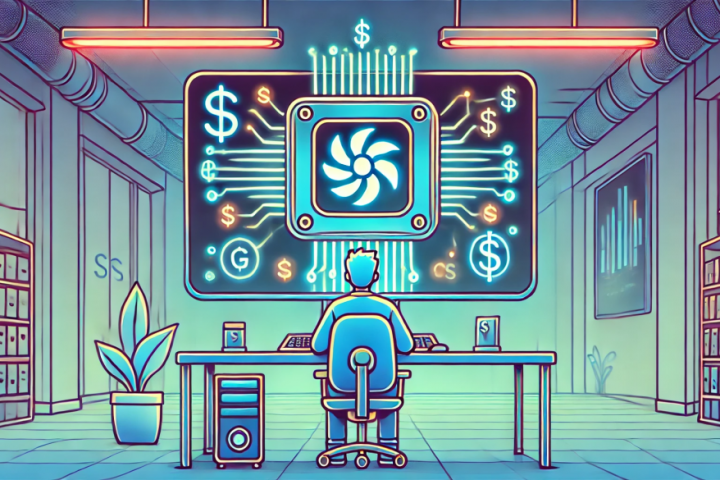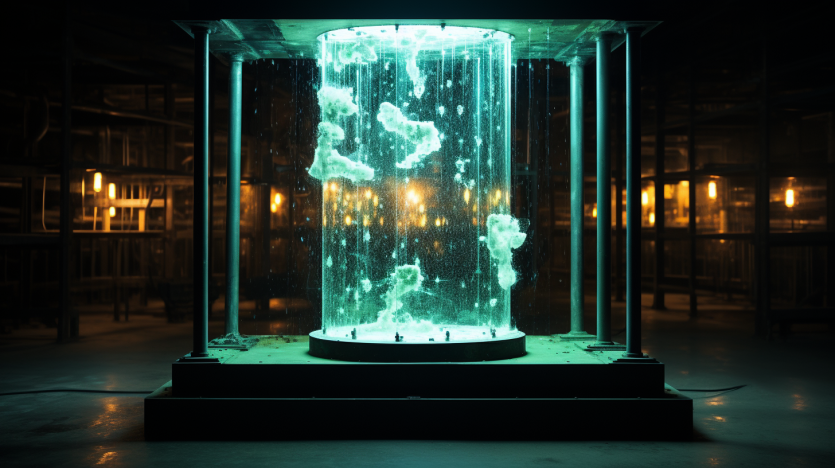Event
VB Transform 2023 On-Demand
Did you miss a session from VB Transform 2023? Register to access the on-demand library for all of our featured sessions.
Register Now
are not the only factor to consider when deploying AI. The study also highlighted the importance of understanding AI’s limitations and the need for human judgment in certain tasks.
The researchers identified two interesting patterns of AI usage among the consultants – the “Cyborg” and “Centaur” behaviors. Centaurs were consultants who effectively combined AI and human work, leveraging the strengths of both. They knew when to switch between AI and human tasks based on their capabilities. On the other hand, Cyborgs seamlessly blended machine and human work in most tasks they performed.
According to Ethan Mollick, a professor at the Wharton School, this combination of human and AI work is the future of work. However, the study also emphasized the challenge of determining when AI is reliable enough for specific tasks. The inner workings of AI are still opaque, making it difficult for organizations to know when to trust AI.
The study examined the impact of AI on various types of tasks, including creative, analytical, writing, marketing, and persuasiveness-oriented tasks. It found that consultants who initially performed poorly saw the most significant improvement when using AI, while top performers experienced a smaller boost.
However, the study also cautioned against using AI for tasks it isn’t suited for. People who relied on AI for such tasks were more likely to make mistakes, highlighting the importance of understanding AI’s limitations.
One major conclusion of the study was that AI can induce humans to become overly reliant on its capabilities, leading to worse results. Trusting AI too much can cause humans to “fall asleep at the wheel” and outsource their judgment to AI, as shown in earlier research by Harvard’s Dell’Acqua.
The study also found that AI can lead to homogenization of ideas. While AI-generated ideas were of higher quality, they lacked the variability seen in ideas produced by consultants without AI. To combat this homogeneity, the study suggested deploying a variety of AI models or increasing human involvement.
BCG’s Francois Candelon emphasized the importance of collecting clean and differentiated data for AI applications. With the rise of AI, collecting such data becomes crucial for differentiation in the market.
Overall, the study’s findings are influencing BCG’s decision-making regarding AI usage internally. While AI offers specialized knowledge and can level up performance, it’s essential to understand its limitations and combine it with human judgment for optimal results.The study revealed that the performance of AI and humans in certain tasks can vary significantly. While AI excels at tasks like generating initial drafts, humans are better suited for deep diving and focusing on other aspects. This challenges the current practice of always relying on AI for generating content. Instead, companies should leverage AI’s strengths and allow humans to dedicate their time to more complex tasks.
The behavior of Centaurs, who allocate certain tasks to AI while focusing on areas where human competence is crucial, is particularly noteworthy. However, further research will explore the behaviors of Centaurs and Cyborgs to determine when it is more advantageous to combine human and AI capabilities.
In terms of writing reports on AI research, the question of whether machines are superior to humans is still up for debate. So, how did I do?
VentureBeat’s mission is to serve as a digital town square for technical decision-makers, providing them with valuable insights into transformative enterprise technology and facilitating transactions. Explore our Briefings to expand your knowledge.







